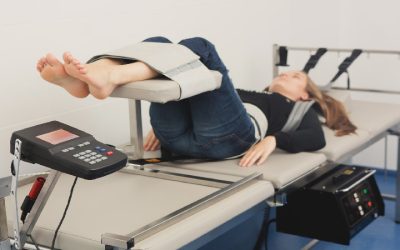People suffering from diabetes need to have accurate information about their blood glucose levels. The check can be performed at home or at a clinic, depending on the instructions provided by a physician.
Are you just getting started with blood glucose checks? Here is everything you need to know about the procedure, its frequency and the best time to have yourself tested.
Why is Blood Glucose Testing Important?
Having a good idea about blood glucose levels is one of the most important factors for diabetes management. Blood glucose checks will tell you whether your body is responding positively to the treatment, whether diet is having a strong impact and whether your blood sugar level is dangerously high.
Several groups of people will benefit from blood sugar testing. Such checks are considered tremendously important for pregnant women, individuals that have very low blood sugar levels and the ones that have excessively high glucose levels consistently.
When to Test?
Blood sugar levels are usually examined before a meal, after having a meal and before going to bed. Stick to your physician’s instructions if you have been asked to examine your blood sugar level more frequently.
Several extraordinary circumstances could necessitate more frequent testing. You may want to check your blood sugar level after eating at a restaurant, after exercise, if you feel sick, if you have been under a lot of stress and in the case of alcohol consumption.
How is the Target Range Determined
There is a target blood sugar level that is considered normal. Talking to your physician will help you determine what your target is and whether the results of your blood glucose checks are normal.
The target blood sugar level depends on your age, the type of diabetes that you suffer from, the duration of the disease, the presence of complications and your overall health. Other medical conditions could affect the target level, so make sure that your physician has a really good idea about your medical history.
According to the American Diabetes Association, the majority of non-pregnant adults suffering from diabetes should have A1C of seven percent. The reading before a meal should be between 70 and 130 mg/dl, and the reading after a meal should be lower than 180 mg/dl.
The Importance of Recording Results
The results should be recorded each time you perform blood glucose checks. Your physician will need this information during a checkup. You can use a simple notebook to log your results and to keep track of the readings.
Always record the date and the time, as well as the medications you are taking and the foods that you have consumed during the particular day. There is an easy to use, printable form at the American Diabetes Association website that you can rely on for recording the results of your tests. For more information visit Midwest Express Clinic.



